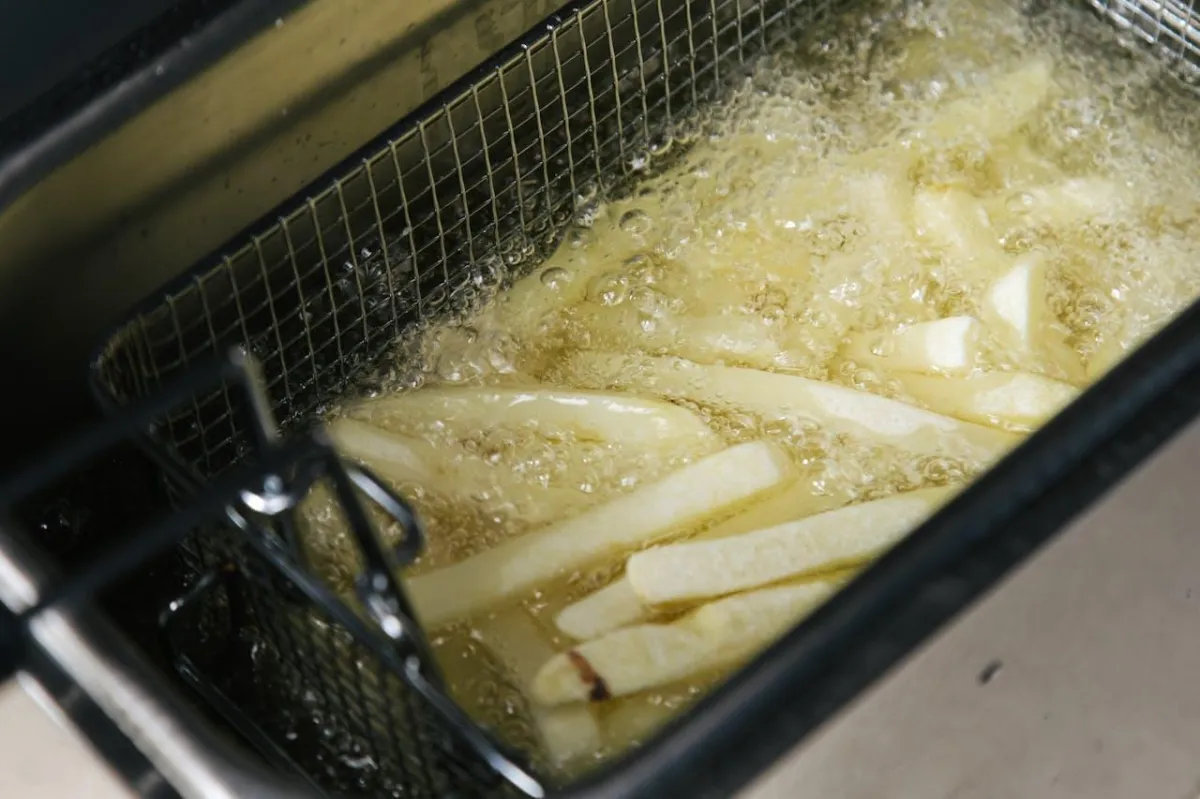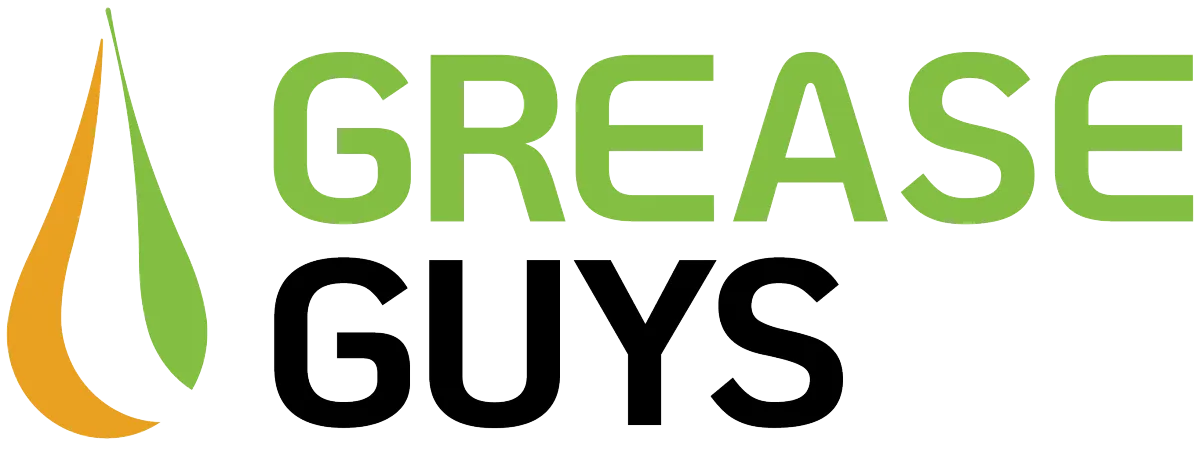Call Us Today!
Blog

Seasonal Tips: How Cold Weather Affects Grease & Oil Management in Northern Idaho
When temperatures drop across Northern Idaho, restaurant kitchens face more than just chilly mornings and slower foot traffic — they face serious grease and oil management challenges.
Cold weather can thicken cooking oil, solidify fats, and clog pipes, traps, and lines. If left unmanaged, the freezing conditions can cause expensive backups, overflowing grease traps, and service interruptions just when your kitchen needs to run smoothly for the busy holiday season.
In this guide, we’ll explain how cold weather affects your grease and oil systems, why winter maintenance matters more than ever, and what practical steps restaurants and facilities in Northern Idaho can take to stay compliant, safe, and cost-efficient all winter long.
You’ll learn:
The science behind how cold impacts grease and oil systems
Common winter grease management issues in Northern Idaho
Seasonal maintenance tips for kitchens and facilities
FAQs about cold-weather FOG (Fats, Oils, and Grease) management
How professional services like Grease Guys help you stay winter-ready
How Cold Weather Impacts Grease & Oil Management
Why temperature matters
In cold climates like Northern Idaho — Coeur d’Alene, Sandpoint, Lewiston, and surrounding towns — winter temperatures can plunge well below freezing. When that happens, cooking oils and fats undergo a physical change: they solidify.
This process affects every stage of your grease system, from fryer oil storage to trap performance.
Common cold-weather problems
1. Thickened or solidified grease
At lower temperatures, fats and oils lose fluidity. They harden inside pipes, grease traps, and interceptors, restricting flow and increasing the chance of clogs.
2. Frozen outdoor interceptors
Outdoor grease traps are particularly vulnerable. Cold soil and air can freeze the grease layer, making it harder for technicians to pump or clean the unit effectively.
3. Odor buildup
When grease solidifies, it traps organic waste beneath the surface. As temperatures fluctuate, trapped gases escape, creating foul odors that can invade your kitchen or parking lot.
4. Sluggish drainage
Cold pipes reduce water flow efficiency. Combined with thickened grease, this can cause slow drains, backups, and overflows — especially in high-use commercial kitchens.
5. Oil collection challenges
Used cooking oil (UCO) stored outdoors can freeze in collection containers, delaying pickups or damaging storage bins. Frozen oil can also complicate recycling efforts.
How to Protect Your Grease System in Cold Weather
Cold-weather grease management isn’t just about reacting to problems — it’s about prevention. Here’s how to prepare your kitchen or facility before winter hits Northern Idaho.
Step 1: Schedule a Pre-Winter Grease Trap Cleaning
Before temperatures plummet, schedule a thorough grease trap inspection and cleaning. Removing built-up solids and fats ensures your system flows freely and reduces the risk of winter clogs.
A freshly serviced trap handles cold conditions better and is less likely to freeze or overflow.
Step 2: Insulate Outdoor Interceptors and Lines
If your facility has outdoor interceptors or exposed piping, consider insulation or heating wraps. Even basic thermal barriers help maintain interior temperatures above freezing, protecting both grease flow and trap structure.
Step 3: Manage Oil Storage Wisely
Used cooking oil solidifies quickly in cold temperatures. To avoid problems:
Store oil containers indoors or in a heated enclosure if possible.
Keep lids tightly sealed to prevent snow or ice contamination.
Schedule frequent pickups to minimize accumulation.
A professional recycler like Grease Guys provides weather-resistant bins and regular collection schedules to prevent frozen oil from becoming a hazard.
Step 4: Train Your Kitchen Staff
Cold-weather operations demand extra care. Train your staff to:
Scrape excess grease into containers before washing cookware.
Never pour oil down drains — even small amounts can freeze and block pipes.
Monitor drainage speed and report slow flow immediately.
Step 5: Increase Trap Cleaning Frequency
In winter, grease solidifies faster and accumulates quicker. Instead of waiting 90 days, consider cleaning every 60 days during the coldest months. Preventive maintenance now avoids expensive emergency calls later.
Step 6: Schedule Regular Inspections
Have your grease trap or interceptor inspected mid-winter to ensure nothing has frozen or hardened beyond normal levels. Early detection prevents damage and ensures continued compliance with local FOG regulations.
Pro Tips for Winter Grease Management
Here are some additional strategies that experienced facilities in Northern Idaho use to avoid winter downtime:
1. Use hot water flushing routines.
Periodically flush kitchen drains with hot water (not boiling) to keep grease from settling in the lines.
2. Keep records of maintenance and inspections.
Health and environmental inspectors may ask for proof of cleaning and service logs. Organized records demonstrate compliance and diligence.
3. Work with local experts.
A local provider familiar with Northern Idaho’s winter climate understands how to adapt grease systems for cold conditions. Grease Guys, based in the Pacific Northwest, tailors services specifically for regional challenges.
4. Monitor weather forecasts.
If extreme cold is predicted, inspect grease interceptors and outdoor oil containers in advance to ensure lids are secure and pipes aren’t exposed.
5. Install heat tracing systems.
For large facilities or high-flow operations, installing heat trace cables around pipes can prevent grease solidification and maintain smooth flow.
Frequently Asked Questions
Does cold weather really affect grease traps that much?
Yes. Cold temperatures cause fats and oils to solidify faster, making traps fill more quickly and increasing the risk of blockages.
Can my outdoor grease trap freeze completely?
In extreme temperatures, yes. Frozen grease layers can make cleaning difficult and even crack trap components if left unchecked.
Should I clean my trap more often during winter?
Absolutely. In cold months, grease builds up faster and becomes denser, requiring more frequent service.
Can I pour hot water down the drain to fix slow flow?
Temporarily, yes — but it’s not a solution. Hot water cools quickly in pipes, allowing grease to solidify farther down the line. Regular cleaning is the only reliable fix.
What’s the best way to store used oil in freezing weather?
Keep it indoors or in insulated, sealed containers. Avoid overfilling bins, and ensure your recycling provider collects frequently during winter.
Conclusion
Cold weather in Northern Idaho brings unique challenges to grease and oil management — but with preparation, you can avoid costly problems. By cleaning traps early, insulating equipment, and maintaining consistent oil collection, your kitchen will stay efficient and compliant all season long.
At Grease Guys, we help restaurants, cafeterias, and food service facilities across the Pacific Northwest manage grease safely year-round. From used cooking oil collection to grease trap cleaning and compliance support, we ensure your operation runs smoothly — even when temperatures drop.
Stay winter-ready and worry-free. Contact Grease Guys today to schedule your seasonal grease trap service or oil collection before the next cold snap hits.
OUR SERVICES
TIPS & ARTICLE
GET IN TOUCH
Phone: (855) 227-6060
Email: [email protected]
Address: 3188 Road M.2 NE, Moses Lake, WA 98837
Business Hours:
Mon - Sun: Open 24 Hours
AREAS WE SERVE
© All Rights Reserved • Grease Guys, LLC | Terms of Use | Privacy Policy
